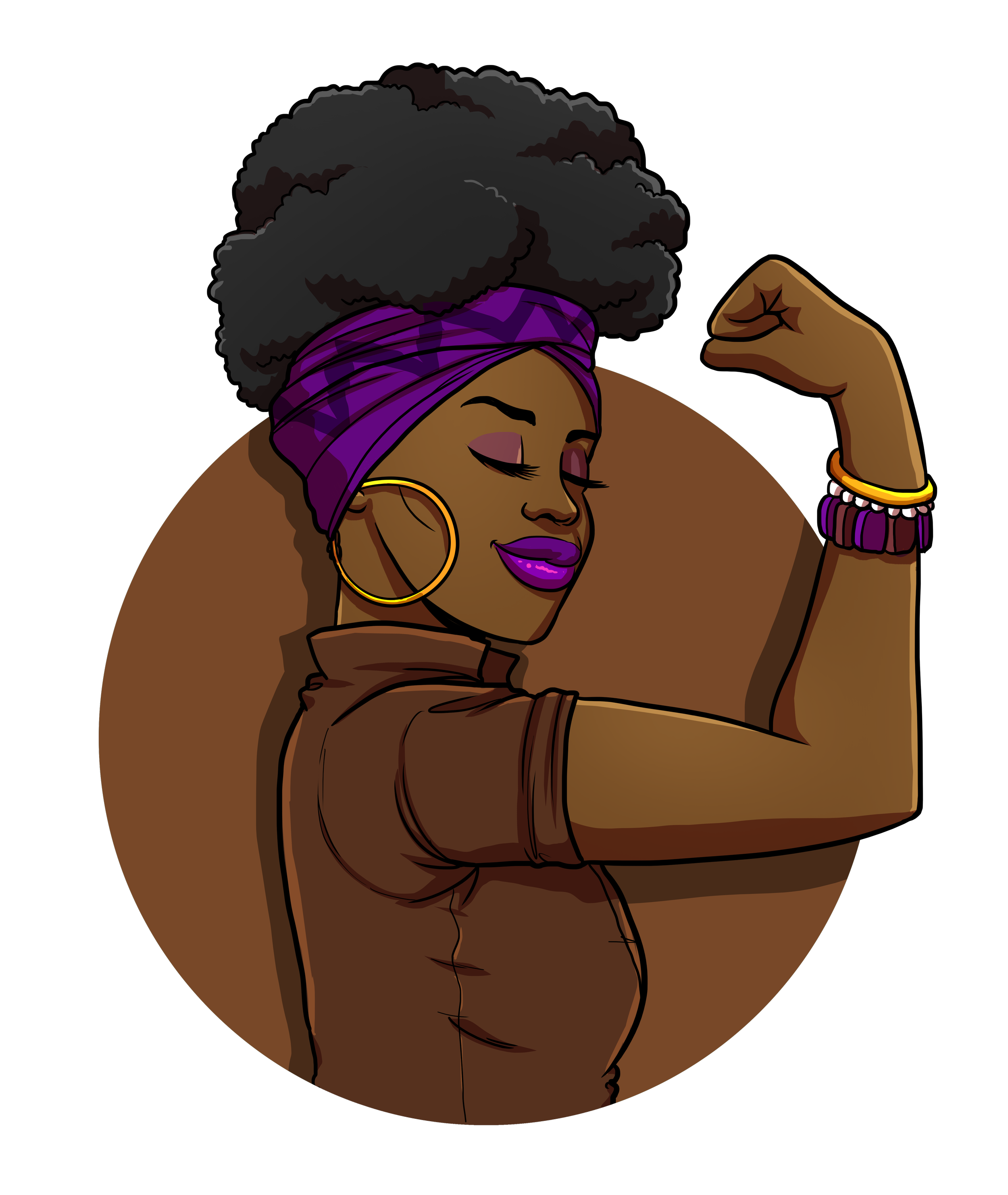Robert Kelly Was Found Guilty, Do You Believe It Now?
I remember being in junior school and knowing that Robert Kelly, better known as R. Kelly, was no good. I’m pretty sure I had picked up the tail ends of a few conversations wherein my mother said “Mute R Kelly” and referred to him as a predator. I remember switching stations any time his music came on the radio. I remember knowing that Robert Kelly was a predator.
By the time I was old enough to draw my own conclusions, I didn’t need a litany of evidence to support this claim. The one element that was the most damning, in my opinion at the time, was that Robert knowingly married Aliyah while she was underage. I knew that to be child endangerment, and if they had “relations” as a “married couple” I understood that to be statutory rape/grooming. While the trial featuring his recorded sexual activity with a minor was not damning enough to convince the public, marrying a child is irrefutable evidence that Robert Kelly was a threat to the welfare of children.
As I grew older, it was interesting to see how many people had a feeling that something was off about Robert Kelly, but still patron his music. I distinctly recall working at an urban culture publication when Surviving R Kelly debuted. The morning after everyone had watched it was one of triumph for me, or so I thought it would be. In my mind, I believed "this would be the “you see now” moment where everyone would see and believe the abuse R. Kelly inflicted on countless women. I believed they would no longer be interested in supporting his music, thus by extension bankrolling his abuse and ability to avoid conviction. I was wrong. The men in my office weren’t outraged enough, they weren’t disgusted, they seemed more conflicted than anything. They were decided on one thing though, none of them were ready to commit to no longer streaming or listening to his music.
Now I understand the idea of removing the artist from the art, I do so in certain cases myself (think of the artist formerly known as Mulatto). However, Robert Kelly’s music was created to not only comment on his abuse, but sanitize his image when there was heat around his brand. “Age ain’t nothing but a number” is truly how Robert Kelly felt. Whereas “I Believe I Can Fly” is the ultimate brand sanitizer - how do people hate the guy that made the best gospel song?
Well, when you know that the songs exist to protect him from persecution and keep his victims under his thumb, even songs about the Lord don’t seem to be as enjoyable.
In 2021, Robert Kelly was found guilty for his crimes and faces life in prison. One element I’d like to highlight is the rackateering conviction he received. Rackateering needs money to achieve. As in, Robert Kelly used his money to abuse others. Now, how did he get that money? Each time he was streamed, each show he was booked to attend, each royalty he collected, each song he was allowed to collaborate on, were all revenue streams to bankroll his abuse. So, if you’ve participated in any of these revenues, there’s a level of complicity and accountability that you must take for “separating the artist from the abuse”.

